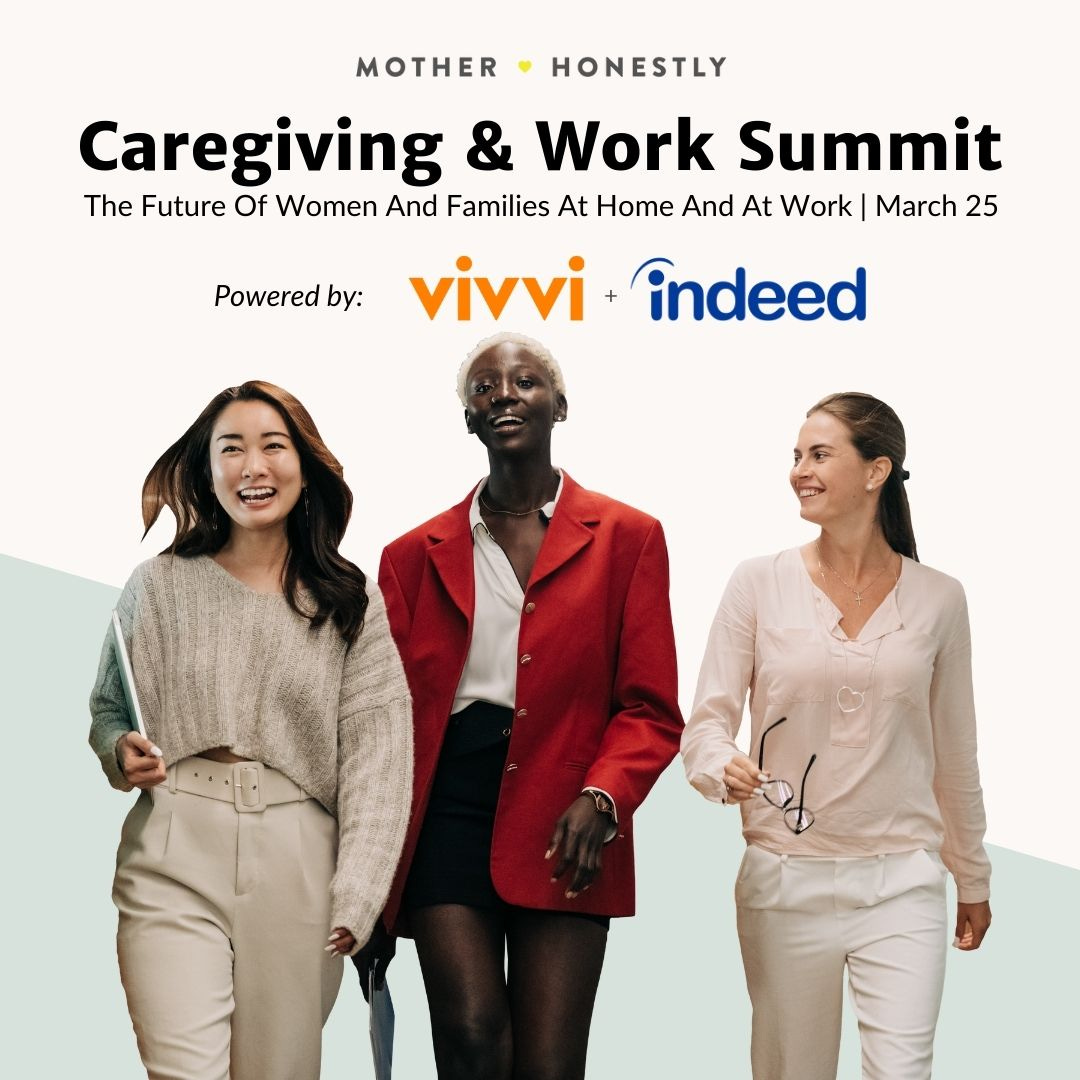The Good and Bad News About the Wage Gap
The gender pay gap narrowed this year, but experts say it's not necessarily a positive development.
Welcome! Please join us as we discuss the future of motherhood and work, and how women and families can lead better lives at home and in the workplace. If you are new here:
Do you feel a little wealthier this week?
The wage gap between women and men narrowed this year. Equal Pay Day, which signifies how far into the year women must work to earn what men earned in the previous year, fell on March 15 —the earliest date in the roughly 26 years since it’s been measured. In 2020, women made 83 cents on the dollar as compared to men, up from 82 cents in the previous year.
If it doesn’t feel like your personal finances reflect this encouraging development, that’s probably because Equal Pay Day may “paint too rosy a picture,” Emily Martin, VP for education and workplace justice at the National Women’s Law Center, tells Fortune’s Broadsheet. Equal Pay Day is denoted by measuring the gap between full-time working women and men, and this year’s numbers are based on data from 2020, when school and daycare closures pushed many women into part-time work, or out of the workforce altogether.
“A lot of what was driving the apparent shrinkage of the wage gap is that the women who were lowest paid dropped out of the workforce entirely, were unemployed, or pushed into part-time work,” Martin says. “It looked like progress. But it wasn’t progress because the folks who are making the least made even less.”
The Fix
To truly eliminate the gender wage gap, we will need to break through "the barrier of bias that moms face in the workplace and our lives,” writes Kristin Rowe-Finkbeiner, the executive director and co-founder of MomsRising.org, for CNN. “Being a mom is a greater predictor of wage and hiring discrimination than gender—and due to structural racism, Black, Brown, Indigenous and other moms of color experience compounded wage and hiring discrimination.”
This “maternal wall,” as she describes it, keeps women from participating in the workforce as fully as men, but smashing through it is “entirely and eminently possible.” Here are the solutions she outlines:
Paid family and medical leave for when a new baby arrives or a serious health crisis strikes us or a close loved one
Access to quality, affordable child care and Pre-K
Living wages for all care workers
Equitable health care and maternal health care
Earned sick days
Reinstating the monthly child tax credit
Home- and community-based services for the elderly and people with disabilities
Passing the Paycheck Fairness Act, which would require employers to demonstrate that wage differentials are based on factors other than gender, and would prohibit retaliation for sharing salary information
In short, programs that protect caregivers will enable them to stay in the workforce. And efforts to make wages fair and transparent will help prevent pay discrimination. Both are desperately needed to help narrow the gender wage gap.
The good news is many organizations are fighting to make these fixes happen. President Biden signed an executive order that encourages government agencies to consider banning federal contractors from seeking information about job applicants’ prior salary history. More cities and states are passing pay transparency laws. In New York City, for example, employers with four or more workers are now required to post the minimum and maximum salary range for any job within the city. And a new coalition called Organizations for Pay Equity Now, or OPEN Imperative, launched this week with the goal of eliminating the gender pay gap among pre-IPO start-ups by 2027, CNBC reports.
EVENTS:
Attend our Caregiving and Work Summit on Mar 25, for FREE here. You’ll walk away with practical, actionable advice on how to manage childcare as a busy working parent, how prevent burnout and much more.
BECOME A MEMBER:
Become a Mother Honestly member today to connect with other powerful moms and get access to 100+ hours of our keynotes and conversations, quarterly toolkits, digital summits, exclusive offers and more! Prices will go up from $95 to $295 annually on April 1. Get in now, mama. Members can get reimbursed by their employers or write off as an expense.
LOVE TO SEE IT
Girls Who Code Founder Reshma Saujani makes a persuasive case for why men should be forced to take parental leave. TL;DR: It’s good for dads, and for leveling the playing field at work.
Paid leave advocate Vicki Shabo shows us how to channel our collective rage about how moms were abandoned during the pandemic: Assign blame and take action.
HATE TO SEE IT
Mississippi lawmakers killed a bill to extend postpartum Medicaid benefits for a full year. More than half of moms in the state, who rely on Medicaid coverage, will continue to have just 60 days of postpartum care.
#RELATABLE


This newsletter was written by Audrey Goodson Kingo, Editor in Chief at Mother Honestly. Please send feedback, ideas and suggestions (or just say hello!) to me at audrey@motherhonestly.com. And if you found this newsletter helpful, please share with a friend!





